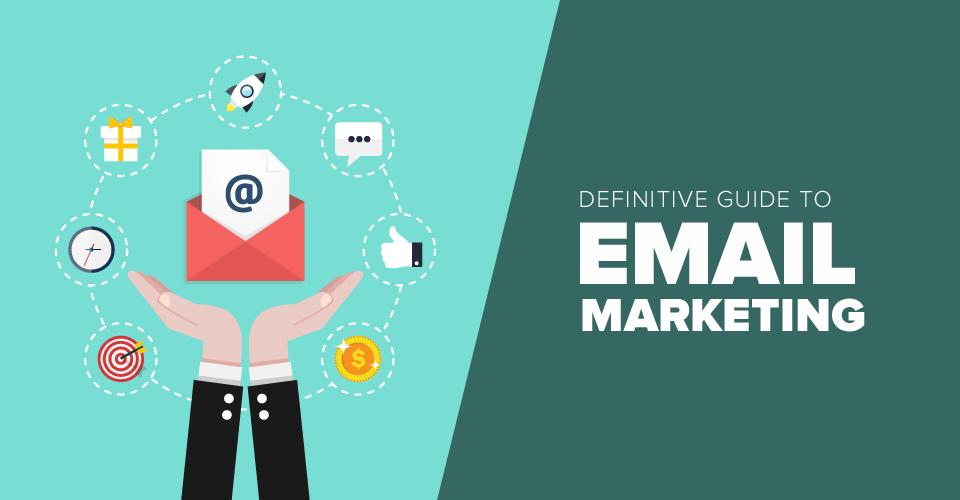
Email Marketing
Email Marketing is a powerful digital marketing strategy that involves sending targeted and personalized messages to a group of individuals via email. This direct form of communication allows businesses to connect with their audience, nurture leads, build brand loyalty, and drive conversions. Email marketing campaigns can take various forms, including newsletters, promotional offers, product updates, and more.
Key Components of Email Marketing:
-
Building and Segmenting Email Lists: Successful email marketing starts with building and segmenting lists of subscribers. Segmentation allows businesses to tailor their messages based on factors such as demographics, interests, or purchase history.
-
Personalization: Personalized emails are more engaging and effective. Email marketing platforms enable businesses to address subscribers by their name, recommend products based on past purchases, and create content that resonates with specific segments of the audience.
-
Compelling Content: The content of an email is crucial. It should be relevant, valuable, and aligned with the interests of the target audience. This can include informative articles, special promotions, product announcements, and more.
-
Responsive Design: With the increasing use of mobile devices, emails must be optimized for various screen sizes. Responsive design ensures that emails are easily readable and visually appealing on smartphones, tablets, and desktops.
-
Call-to-Action (CTA): Every email should have a clear and compelling call-to-action. Whether it's encouraging recipients to make a purchase, download content, or sign up for an event, a well-crafted CTA guides the subscriber toward the desired action.
-
Automation: Email marketing automation allows businesses to send targeted messages based on specific triggers or actions, such as welcome emails, abandoned cart reminders, or re-engagement campaigns. Automation saves time and ensures timely communication.
-
Analytics and Tracking: Monitoring the performance of email campaigns is essential for optimizing future efforts. Key metrics include open rates, click-through rates, conversion rates, and unsubscribe rates. Analytics help marketers understand what works and what needs improvement.
-
Compliance with Regulations: Adhering to email marketing regulations, such as the CAN-SPAM Act and GDPR, is crucial. This includes obtaining consent, providing opt-out options, and safeguarding subscriber data.
-
Testing and Optimization: A/B testing allows marketers to experiment with different elements of an email, such as subject lines, images, or CTAs, to determine the most effective strategies. Continuous testing and optimization improve the overall performance of email campaigns.
Email marketing remains a cost-effective and direct way to engage with an audience, foster customer relationships, and drive measurable results. When executed strategically, email campaigns can contribute significantly to a business's overall marketing success.
